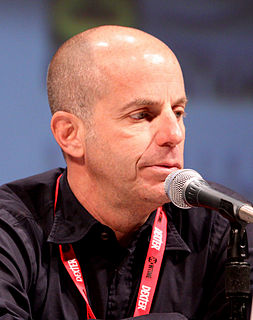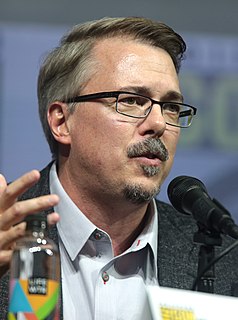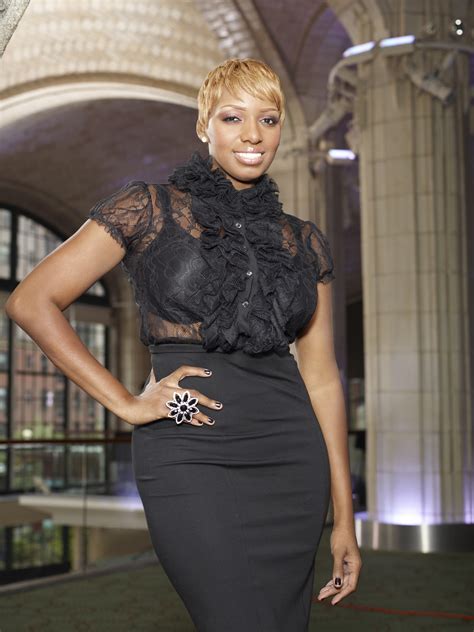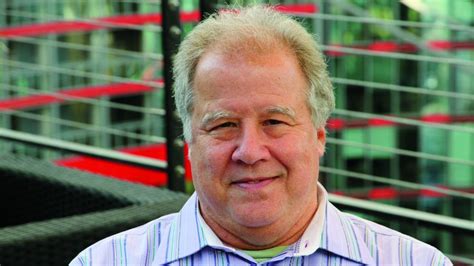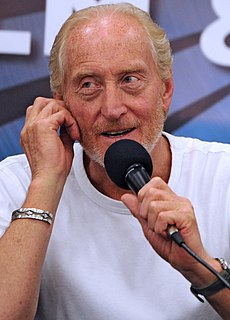A Quote by Jaume Collet-Serra
Shooting digitally would not have been easier. Cameras are the same size. I always shoot on film unless I have a reason not to, which I haven't had yet.
Related Quotes
If I'm shooting actually a live-action movie and I feel like I can get the shots that I need with the existing 3D cameras, then I see there is no reason to not use those-to not shoot it in 3D. But there are limitations to the 3D cameras in terms of the amount of them, in terms of the size of them, in terms of where you can actually shoot them. There are definitely limitations so you have to weigh the costs. And you have to weigh also what ultimately what creatively you want to get.
We shot 'Breaking Bad' on film; we capture 'Better Call Saul' digitally. In the shooting of 'Breaking Bad,' we would have this steady, handheld, cinema verite sort of look, so we purposely went the opposite way with 'Better Call Saul' - locked in the cameras and made the movements smoother and more mechanical.
I became passionate about nature filmmaking when I graduated from UCLA, and one of the things I always wanted to do was shoot really high quality film, so I got into time-lapse photography - so that means when you shoot a flower, you're shooting, like, one frame every twenty minutes, so that's basically two seconds of a film per day.
I got into television criticism because I thought it would be easier than film criticism. Film, you had to know 100 years of history, and TV you only had to know 40 when I started. And I thought, "Well, that's going to be so much easier." But film stayed pretty much the same. And television has changed so many times that my head hurts. So I made the wrong call there.
For a period of time, I carried cameras with me wherever I went, and then I realized that my interest in photography was turning toward the conceptual. So I wasn't carrying around cameras shooting stuff, I was developing concepts about what I wanted to shoot. And then I'd get the camera angle and do the job
For a period of time, I carried cameras with me wherever I went, and then I realized that my interest in photography was turning toward the conceptual. So I wasn't carrying around cameras shooting stuff, I was developing concepts about what I wanted to shoot. And then I'd get the camera angle and do the job.
Usually, I have in mind what I want to do. I shoot pretty economically, so I'm not shooting tons of stuff that I could change, all that much. I'll cut something or add a little something back, but not too much. This is maybe the producer part of me, but I'm always worried about the budget, so I shoot what I know I need to shoot for the film.

